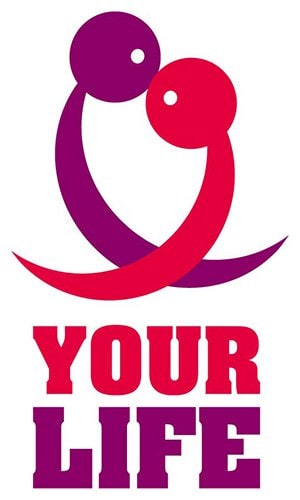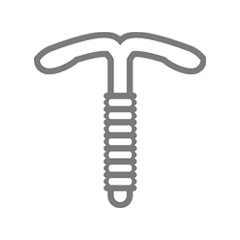EMERGENCY CONTRACEPTION
WHEN and HOW?
Emergency contraceptives are often called the morning after pill. They can offer you a second chance to prevent pregnancy after having had unprotected sex.
The efficacy of emergency contraceptives change drastically depending on how long after unprotected sex you take them. To be as effective as they can be you must take them during the 24 hours after you had sex, after this time, their ability to be effective declines.
Efficacy of emergency contraceptives changes over time as follows:
- 95% effective within first 24 hours after unprotected sex
- 85% if taken within 25-48 hours
- 58% if taken within 49-72 hours

How to use emergency contraception?
For the best results with emergency contraception, be quick. Taken 12 hours after unprotected sex it is a lot more effective than after 24 hours. You just need to take the morning after pill like any other tablet with some water. After using emergency contraception you should use another form of contraception for the rest of your cycle to protect yourself if you do not want to become pregnant.
Emergency contraception (the morning after pill) is not made for regular use - it is only intended as a back-up.
Tabs header
Emergency Contraception PROS
- It helps prevent pregnancy after birth control failure or unprotected sex
- Most effective only when used within 24 hours after unprotected sex
Emergency Contraception CONS
- It contains a high dose of hormones (>10 times higher compared to the pill) in one pill
- Using it repeatedly can interrupt the natural menstrual cycle
- It may cause headache, nausea, vomiting, abdominal pain, menstrual pain, tiredness, dizziness, fatigue
- Does not protect against HIV infection (AIDS) and other sexually transmitted infections (STIs)


































